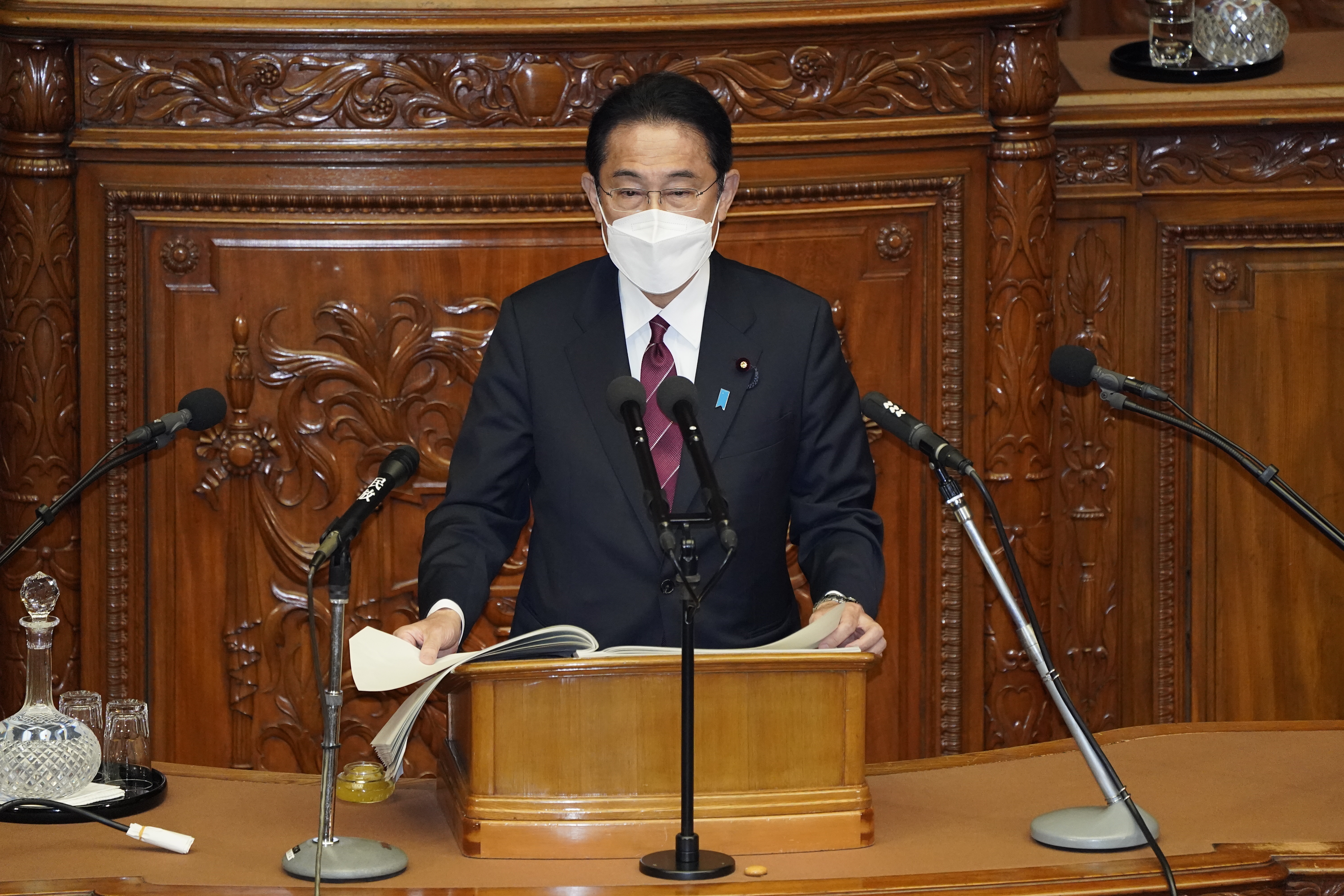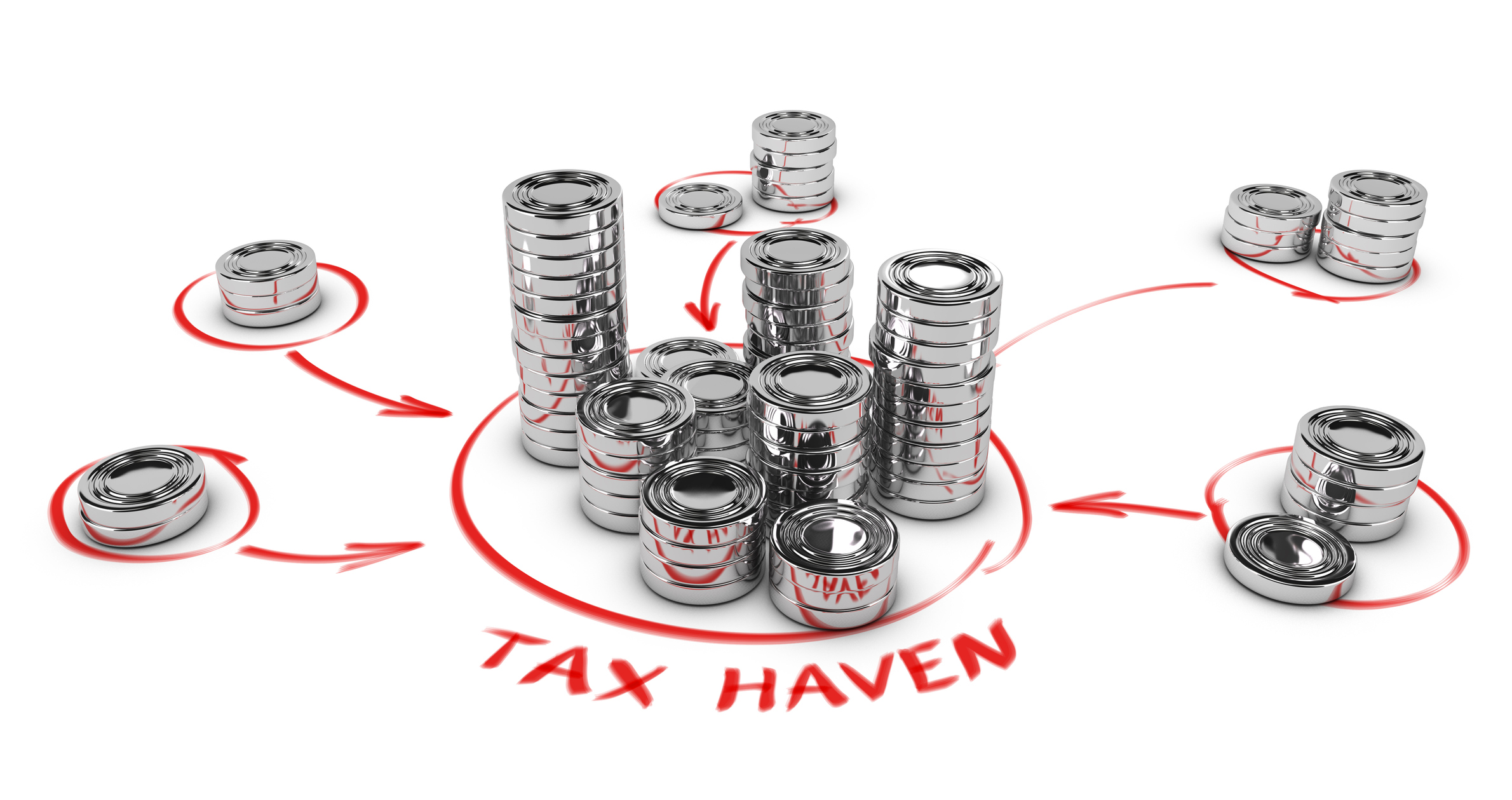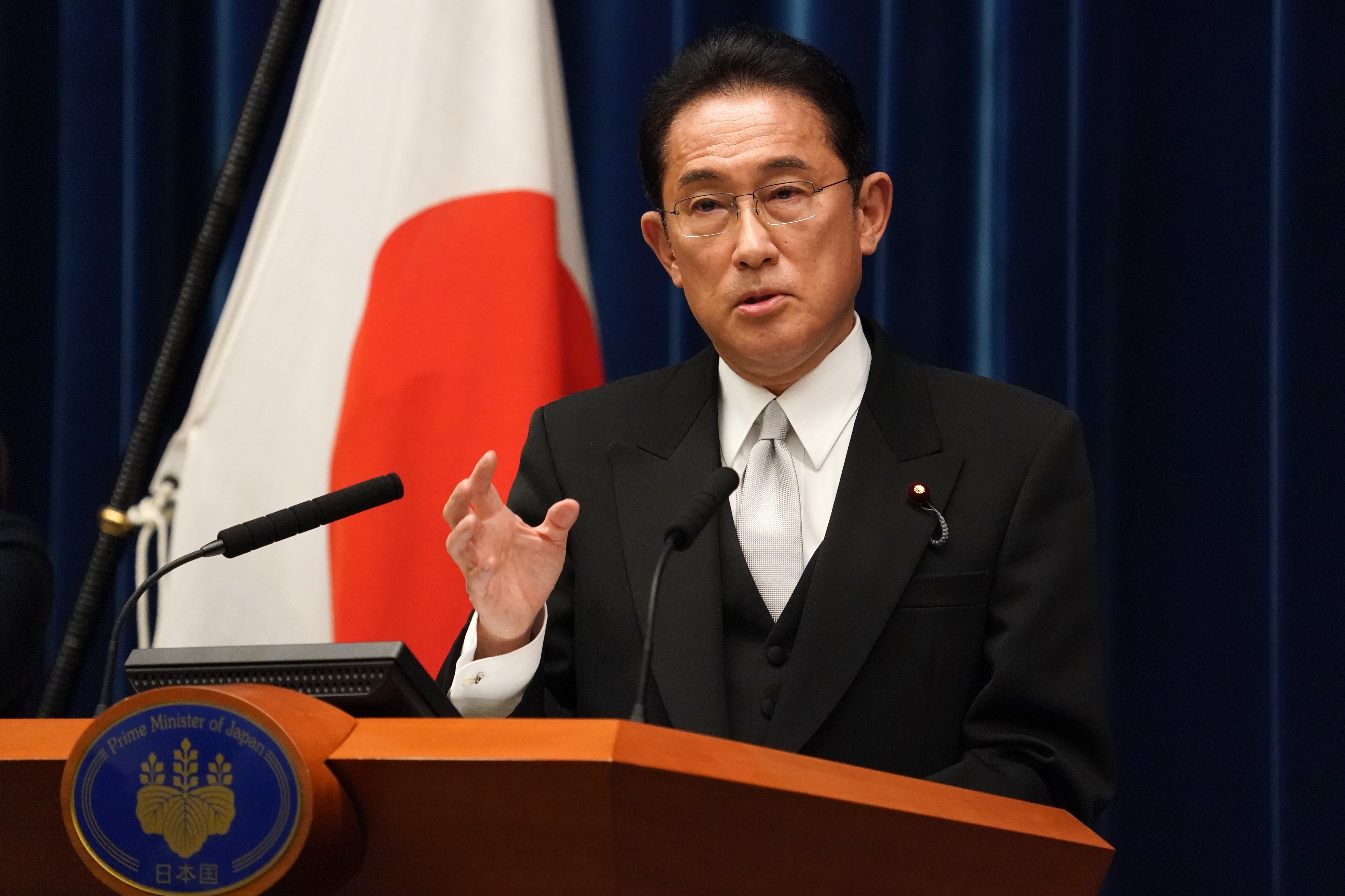
- Article
- Tax & Social Security Reform
Using Refundable Tax Credits to Offer Sustained Pandemic Relief
May 21, 2020
Society's demands for sustained, coronavirus relief can be better met with refundable tax credits than either cash handouts or universal basic income.
* * *
The COVID-19 crisis is likely to persist for some time, and even after it subsides, the world will look quite different. Digital, online technologies will become more pervasive in society, transforming the way we work, access healthcare services, and receive education. We are on the cusp of the Fourth Industrial Revolution.
How we relate to society could also change. I was particularly struck by a comment made by British Prime Minister Boris Johnson during his self-isolation. “There really is such a thing as society,” he said in a video message, directly contradicting his Conservative predecessor Margaret Thatcher, who, in endorsing pure individualism in 1987, asserted, “there is no such thing as society.”[1]
Calls to reinforce social safety nets and reduce inequality will no doubt rise in the post-coronavirus world. Prudent policies are needed to meet the swelling of such populist demands.
Is Basic Income an Option?
The trigger for the safety net debate could come from the need to continue providing coronavirus relief to members of the general public. The stated aim of the one-off handout of 100,000 yen to all residents of Japan, adopted by the Shinzo Abe government on April 20, was to help households overcome the crisis and encourage a “sense of unity” in the fight against an invisible enemy. The package was, in the prime minister’s words, intended not so much to prop up the economy but to promote national solidarity.
Self-styled neoliberal media personalities and economists who have gained the ear of policymakers may use this opportunity to push for additional rounds of cash payments and eventually for a system of universal basic income. When pressed on how such measures should be funded, though, these pundits offer few realistic proposals. Some assert that people’s lives are more important than fiscal responsibility, and others suggest that the Bank of Japan can simply underwrite deficit-covering government bonds.
These populist remedies could bankrupt the nation and disrupt the systems for healthcare and long-term care, producing a crisis that puts people’s lives in even greater danger than the coronavirus pandemic.
Universal basic income (UBI) is an idea that was originally advanced by progressives but was later embraced by neoliberals as a way of scaling back social security and achieving smaller government. UBI promises cash payments to ensure a minimum standard of living for all, regardless of employment status or income/asset level.
More recently, it has been championed by tech entrepreneurs like Facebook’s Mark Zuckerberg, perhaps out of concern that half the population could lose their jobs to artificial intelligence, dampening demand. Their argument that the state should guarantee people’s income with tax revenues seems hypocritical, though, when they are using tax havens to avoid payment.
Implementing UBI raises two big questions. The first is how it will affect workers, not just in terms of income level but also the work ethic. Will it breed laziness, for example? Social experiments conducted in Europe and the United States paint a discouraging picture. If people do not have to work for a living, for example, who will perform the tasks considered undesirable, like waste collection, or that carry a high risk of infection in a pandemic, such as parcel delivery?
The second is how to pay for such a program. Guaranteeing all residents, say, 100,000 yen a month (or 1.2 million yen per year) will require 140 trillion yen in fiscal resources. Basic income advocates assert that funding can be diverted from current social security expenditures for pensions, long-term care, and welfare, but this will be nowhere near enough. Total tax revenue today is only 60 trillion yen; how are we to finance a program that costs so much more?
An Unworkable Scheme
In his 2015 book on basic income, economist Yutaka Harada outlined a proposal on how UBI may be financed. Using 2012 data, he calculated that 96.3 trillion yen would be required to provide 70,000 yen per month (840,000 yen per year) to the 105 million people in Japan aged 20 and over and 30,000 yen per month (360,000 yen per year) to the 23 million under 20. He argued this can be achieved by abolishing the basic deduction for the income tax, introducing a flat tax income rate of 30%, and eliminating social security benefits and public works projects, as follows.
A flat 30% tax on the 256.5 trillion yen in the combined personal incomes of salaried workers and the self-employed would yield 77.3 trillion yen in revenue. From this, 13.9 trillion yen in lost revenue from current income taxes would need to be deducted. The resulting 32.9 trillion yen shortfall[2] can be made up for through additional cuts of 19.9 trillion yen in the basic old-age pension (16.6 trillion yen), child allowance (1.8 trillion yen), and unemployment insurance (1.5 trillion yen); further budgetary reductions can be made in public works (5 trillion yen); subsidies for small and medium-sized businesses (1 trillion yen); subsidies for agriculture, forestry, and fisheries (1 trillion yen); welfare benefits (1.9 trillion yen); and subsidies for local governments (1 trillion yen).
Harada’s proposal thus calls for eliminating public works and other expenses that are unrelated to social security. This is hardly realistic. The biggest obstacle would be the additional costs that the middle class would be asked to bear. Although he contends that there will be little change in the burden, there is no way that imposing a 30% income tax across the board without a basic deduction will leave the middle class unscathed.
Others have argued that UBI can be financed with helicopter money or by following the tenets of Modern Monetary Theory (MMT). The latter assumes the consolidation of the accounts of the central government and the central bank, enabling the government to write off its debts held as bonds by the central bank. In Japan, where government debt is financed domestically, an expansion of public debt can be construed as growth in private assets, eliminating the need for austerity measures. And as long as there is a surplus of private savings in the economy, the government need not worry about running up deficits. MMT rejects the utility of monetary policy, viewing fiscal policy as the key to enabling a robust, full-employment economy.
Like Keynesian economics, MMT endorses an expansionary fiscal policy, but it goes a step further in maintaining that budget deficits can be sustained by issuing more money. Mainstream economists note that this would lead to runaway inflation. I, too, believe that inflation could spiral out of control should it reach a level the market will not tolerate.
A More Realistic Choice
If the cash payments being offered as coronavirus relief are to continue, how can they be fashioned into an effective and realistic policy tool, not just a capitulation to populist demands? One option would be to provide refundable tax credits, as introduced in other countries. Ideologically akin to the negative income tax proposed by economist Milton Friedman, it is called earned income tax credit (EITC) in the United States and universal credit in Britain.
The Tokyo Foundation for Policy Research has issued policy proposals on this topic in the past, as outlined in “From Cash Handouts to Refundable Tax Credits” and “A Rubric for Comprehensive Tax Reform.”
The Japanese government has been examining this issue for more than a decade. The November 2007 report of the government’s Tax Commission cited the need for discussions to begin on refundable tax credits, and Article 104 of the supplementary provisions to the 2009 amendments to the Income Tax Act specifically called for consideration of such credits. These initiatives hit a snag, though, when the Liberal Democratic Party fell from power in the August 2009 general election.
Making refundable tax credits work will require a system linking benefits to information on the income earned and taxes paid by each individual. Such a system for social security benefits using taxpayer ID numbers was what enabled the United States and Britain to quickly transfer coronavirus benefits directly into people’s bank accounts.
Japan needs to build a similar mechanism to facilitate the disbursement of relief to those impacted by pandemic and to reinforce the social safety net for the digital age.
[1] “There Is Such a Thing as Society, says Boris Johnson from Bunker,” The Guardian, March 29, 2020, https://www.theguardian.com/politics/2020/mar/29/20000-nhs-staff-return-to-service-johnson-says-from-coronavirus-isolation.
[2] 96.3 trillion yen – (77.3 trillion yen − 13.9 trillion yen) = 32.9 trillion yen.






















